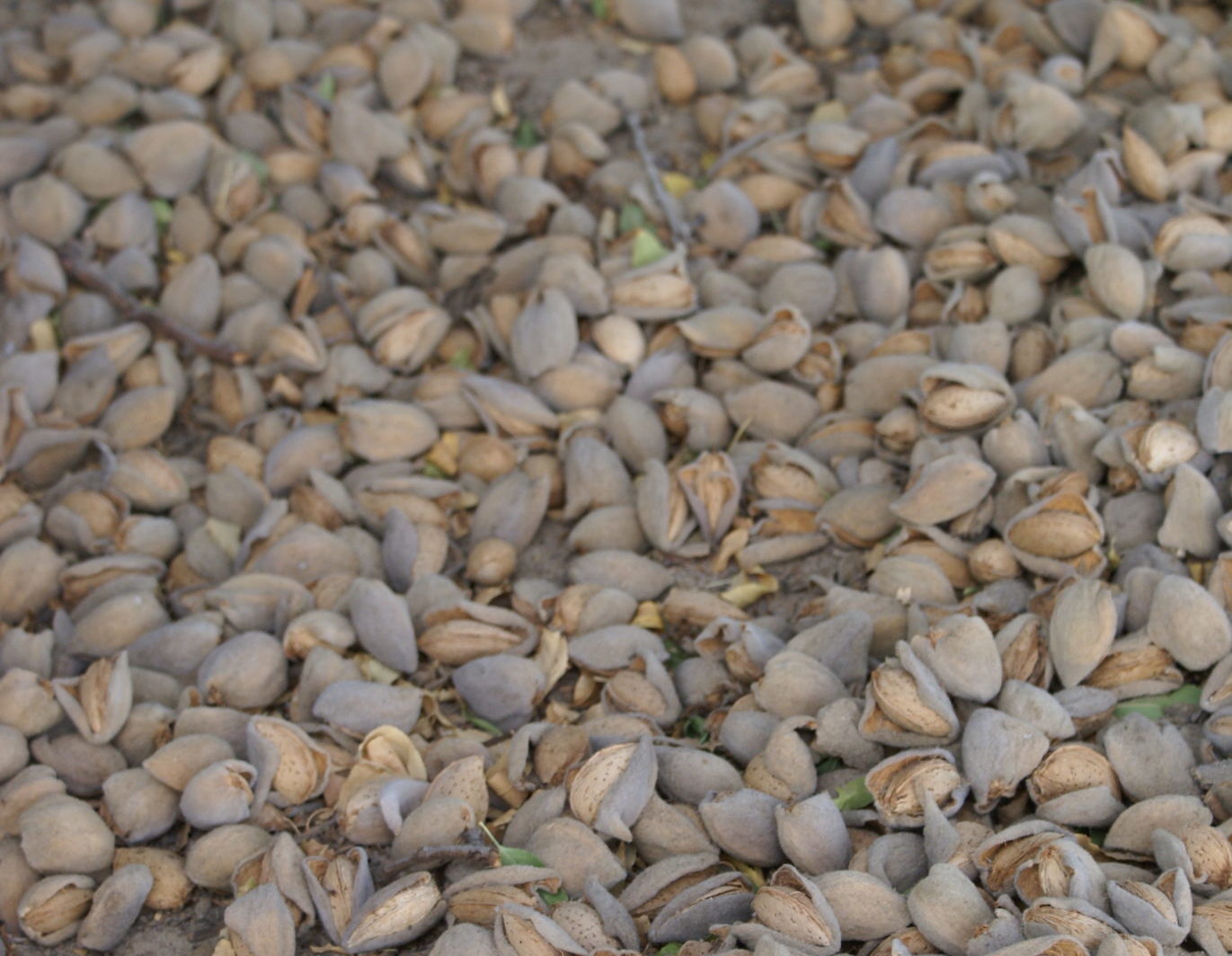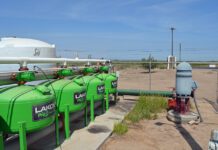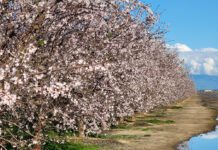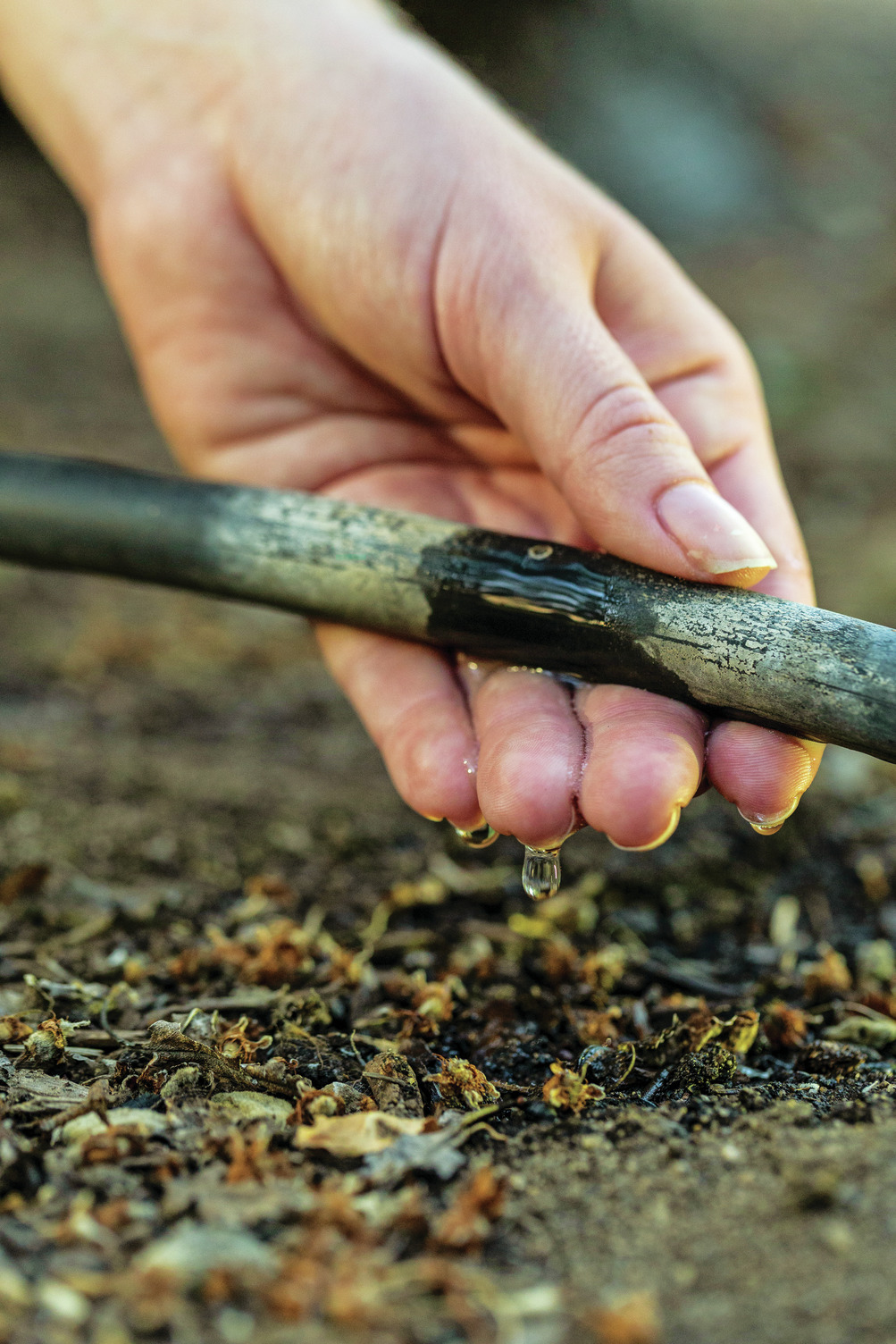
A new program of the California Almond Sustainability Program (CASP) aims to improve communication between handlers and buyers about specific sustainability practices in the California almonds they are purchasing. The sustainability program has been in place for the last decade, and the new CASP Supply Chain Program should streamline the delivery of aggregated sustainable production practices that handlers can deliver to their buyers.
“We’ve had growers filling out crop assessments since the fall of 2009 with the first two modules,” said Gabriele Ludwig, Almond Board of California’s Director of Sustainability & Environmental Affairs.
CASP has been focused on encouraging growers to do the self-assessment to share information about what practices they are or aren’t using. The Almond Board received this aggregated data and shared it in different ways, or it is used to determine where additional resources are needed, Ludwig said.
Questions continually arise from European markets about sustainability as well as some North American markets. “I would only say it’s been in the last two to three years that American companies have been asking questions about sustainability,” Ludwig said.
CASP Supply Chain Program
After more than a decade of collecting information on sustainability from growers, ABC is currently working on the best way to make it available to handlers. Handlers are the ones interfacing with companies like General Mills, Walmart and Marks & Spencer, and these companies want to know growers of the products they are buying are doing something in sustainability, Ludwig said.
“The question really is, how do we help take the CASP program that growers have been participating in and have a way of providing that information so that handlers can speak to what their growers are doing—not just what the industry is doing, but what their growers are doing or not doing,” Ludwig said.
In early 2018, ABC launched the CASP Supply Chain pilot program. The program’s main objective is to allow growers to share data on their growing practices anonymously with their handlers so they can provide that data to buyers.
ABC collaborated with the Sustainable Agriculture Initiative (SAI) Platform, a global membership organization of large food and beverage companies. The SAI Platform, Farm Sustainability Assessment (FSA) has 112 questions on good farming practices. It was compared with over 200 assessment practices from CASP. After comparing CASP and FSA practices, the SAI Platform recognized CASP at gold-level equivalency. CASP also became the first nut-specific sustainability program to be benchmarked against FSA.
Growers currently participating in CASP are able to generate a report showing how their practices compare to those in the FSA. They also have the option of sharing that comparative data and the broader results from CASP with their handlers through the Supply Chain program. This is a voluntary program and growers participate anonymously. If enough growers opt-in and choose to share CASP data with their handler, that handler receives a summarized report on how the practices were utilized by their growers and compared with state averages.
Handlers can then share details from the report with buyers and food companies. These companies are increasingly asking for this data to help them meet their sustainability goals and answer questions from consumers wanting to know how their food is grown.
ABC has developed what Ludwig calls translation tools with the Supply Chain program.
“So, how do we translate the practices that are relevant to the almond world, to these more generic broad-based questions about sustainability or practices that others require, and that’s where we’ve done this benchmarking with this FSA tool,” Ludwig said.
“The benchmarking exercise has also been an important component of this Supply Chain effort to help translate into metrics that companies may already be using for their broader sustainability definition,” Ludwig said.
These are broad reports, on a range of practices, Ludwig continued. There is a lot of information, so it can be hard for a handler to determine how to best use it, she added.
The number of growers participating depends a lot on the handler. Some handlers have literally been begging their growers to participate, and there are two or three that have a fair number of their growers participating, Ludwig said.
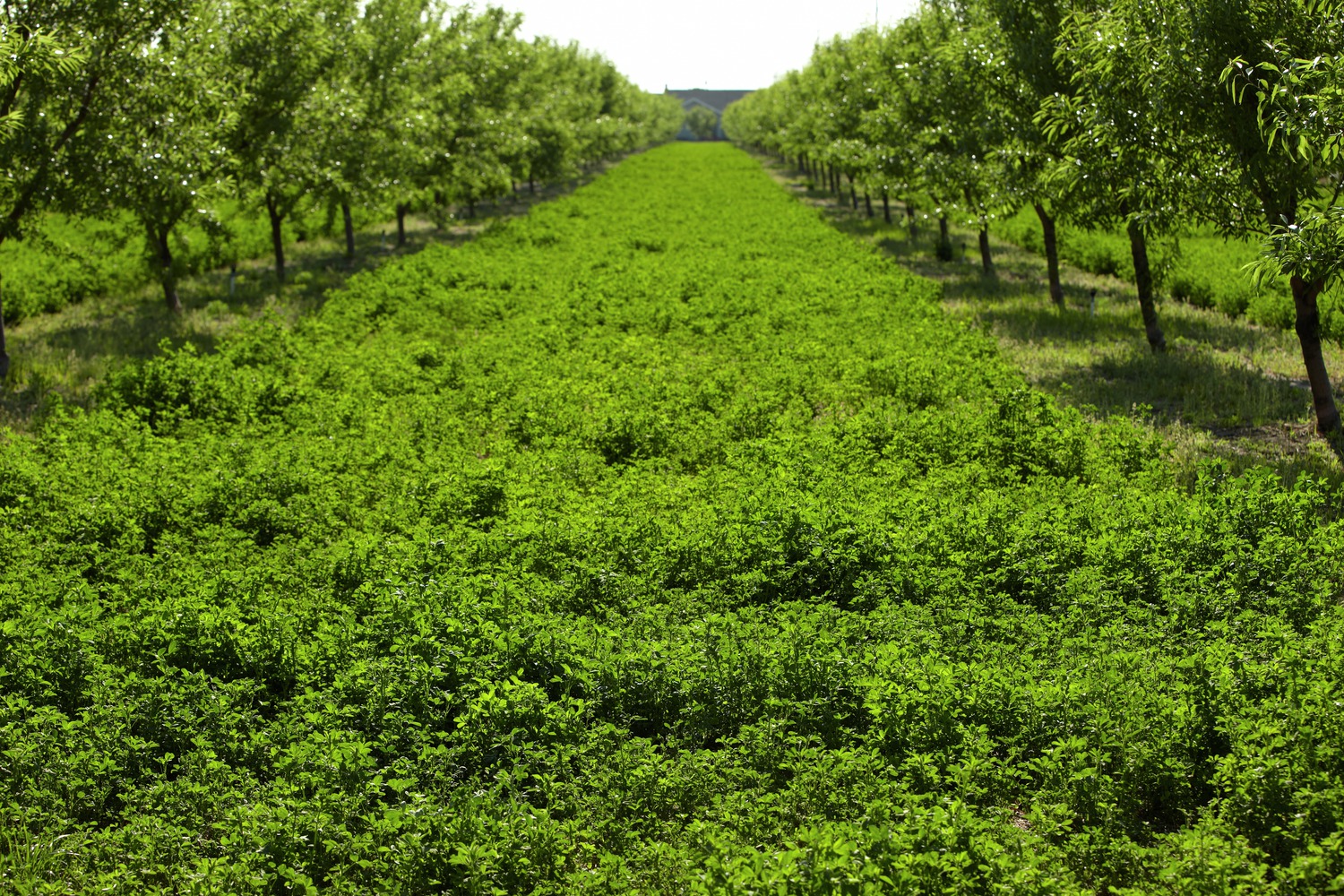
Sustainability and the End User
To gain an even greater understanding of CASP and how it relates to almond organizations’ sustainability initiatives, Jonathan Hoff, grower, processor and CEO of Monte Vista Farming Company in Denair, Calif., recently led a group on a tour of his facility. He explained CASP’s vital role in sharing the industry’s responsible growing practices with businesses who need that information to satisfy consumer demand.
Hoff, an ABC board member, was one of the first handlers to participate in the CASP Supply Chain program, which officially moved from a pilot program to an industry-wide effort in 2020. Hoff explained how the program allows growers to share their data anonymously, in aggregate, with Monte Vista, who then can share it with their buyers.
Hoff told the group he was most impressed by the type of reporting CASP generates. Food companies must be able to measure progress toward increasingly sustainable growing practices for each of their products in a way that is meaningful to the supply chain and consumers; information from CASP can do just that for almonds. Representatives from SureHarvest, the organization ABC partnered with to develop and maintain CASP, and the SAI Platform, the organization that benchmarked CASP and translated the almond-specific program to international sustainability standards, were also on the tour to demonstrate how industry data gathered and analyzed by CASP can help food manufacturers meet sustainability goals and help companies address growing demand from conscious consumers who want to know how their food is grown.
Crop of Choice
“Fundamentally, CASP is an educational program,” Ludwig said.
“If I look at the larger program, I think, ultimately, it’s really about if we want to be able to grow almonds in California, and almonds have to be a crop that growers want to grow, meaning it has to make economic sense. It also has to be a crop that Californians will let us grow, which means we have to deal with the environmental component and the resources,” she added.
“We have to show that we’re using California resources wisely, and we have to be a product that consumers want to eat.”
